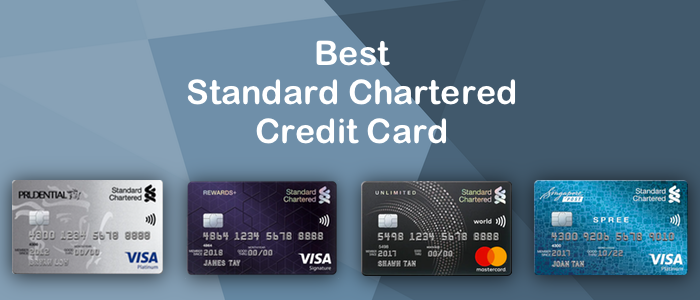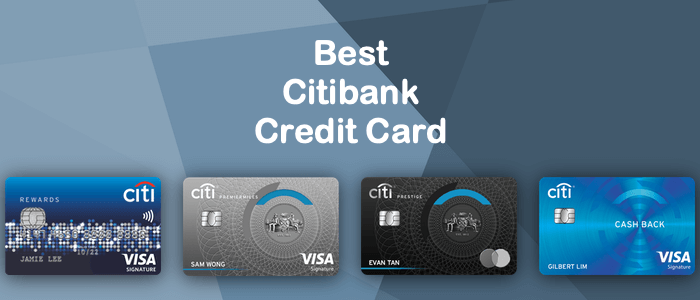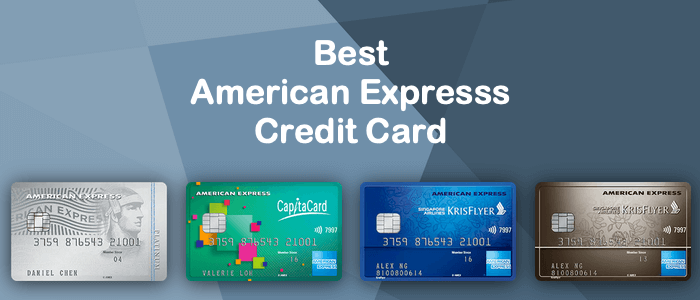
Personal loan to fund my small business?
With more and more people jumping on the startup bangwagon, founders are usually wary of asking for angel investors to fund their companies, fearing that the might lose control of the business direction. We all know that running a new business with limited resources can be extremely difficult, so what options do you have other than begging for loans from your friends and relatives?
If you are thinking of taking out a business loan, your chance of approval is slim. Banks are strict on choosing who they lend to, and in the case of business loans, you should be looking at a profitable business profile that has been running for at least two to three years. If not, you might need to provide certain types of collateral, such as property or equipment. So this leaves you with 3 options:
- Personal loan
- Money Lender
- Credit card
Looking at these three options, taking a personal loan is perhaps the most viable option in terms of cost of loan. If you take a quick glance at our personal loans comparison page, you will see that headline rates for personal loans are between 4.83% to 11.8%. This is way below the annual interest rates of credit cards at 26-28%.
If you are thinking of going to a money lender, and a licensed one of course, do note that most of them do not publish their rates online but according to the Ministry of Law, licensed moneylenders can only charge the maximum 20% effective interest rate for unsecured loans if you annual income is less than $30,000.
Cost of Borrowing – Effective Interest rate(EIR)
For any type of loans, you may come across the terms advertised and effective interest rates. The effective interest rate is the actual interest rate you pay for using the loan and is most likely different from the advertised rate.
The effective interest rate may be higher than the advertised rate due to the way interest is calculated. For example, the interest may be compounded on a monthly base, meaning in an absolute amount, you pay more interest each month. In this case, the effective interest rate is higher than the advertised rate because the same rate (advertised rate) is applied throughout the loan period even though the outstanding loan amount has reduced due to monthly repayments.
In short, the higher the effective rate, the more interest you will be paying. You should ask the lender for both the advertised rate and effective interest rate to have a clear idea of how much you will need to pay. Leverage on the proper loan by picking the one that suits you best so that you do not end up in a messy debt situation.
If you re considering a personal loan to help support you new business, then have a look at our best loans in Singapore comparison page – Make an informed comparison with EnjoyCompare!





